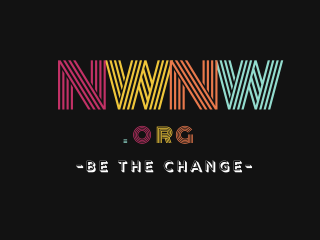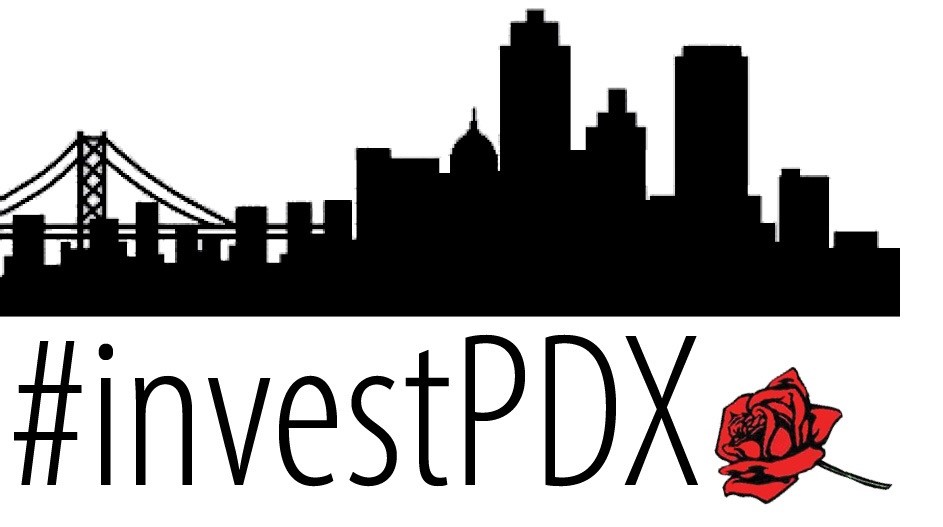Mayor Hales releases FY 2016-17 proposed budget
Investments focus on public safety, homelessness, housing affordability
Proposal includes increase in Business License Fee to pay for community investments; first increase in 39 years
Mayor Charlie Hales today released his proposed 2016-17 annual budget, which features $42.9 million of new investments in three pressing issues Portland is facing: public safety, homelessness and housing affordability.
“We as a city are at a juncture,” Mayor Hales said. “We’re growing, and many Portlanders and businesses are thriving. Yet, many others are experiencing the pains that come with that growth — gang violence, homelessness, the highest increases in housing prices in the country.
“We have the opportunity to leverage our growth and invest in our future — investments in gang outreach; in more officers; in getting upstream in the lives of our kids. Investments in affordable housing; in rent assistance; in homeless outreach and camp cleanup. My proposed budget seizes those opportunities to invest in the Portland we love, and the Portland we all want in the future.”
Mayor Hales invests an additional $11.1 million in urgent public safety priorities: five new street-level gang outreach workers; police recruitment incentives; body camera implementation; Portland Police Bureau sexual assault team expansion; 70 more SummerWorks intern sponsorships, for more than 1,000 paid summer interns hired by the City and County; Vision Zero traffic safety; retention of 13 firefighters, and more.
Under the State of Emergency in Housing and Homelessness the mayor and Council declared last fall, Mayor Hales makes an additional $18.6 million investment in housing and homelessness. In all, $31.8 million is invested in affordable housing; low-income homeownership and rental programming; and homeless services. Homeless services include $16.2 million in outreach, campsite cleanup, permanent housing placements, veteran services, and shelters. That investment also includes a new diversion program that, in partnership with the District Attorney and Police Bureau, ensures homeless Portlanders are effectively connected to the services they need, rather than cycling through the justice system.
These investments are made possible by $5.3 million in bureau cuts, and $8.7 million in new revenue generated by a proposed 0.3 percent increase to the Business License Fee — the first time it has been increased in 39 years.
The Business License Fee applies to a portion of a business’ net profit. It has been increased three times: 1975, 1976 and 1977. Since its last increase four decades ago, it has remained at 2.2 percent. The 0.3 percent increase will take it to a fee of 2.5 percent on business’ profits. Simultaneously, the Owner’s Compensation Deduction will be raised to $125,000, from $100,000, giving more than 2,000 businesses a tax benefit.
The fee increase will impact 25,200 of the 43,000 businesses that pay the fee; 15,700 businesses will continue to pay the $100 minimum fee. The businesses that experience an increase in their annual fee will pay between $61 and $1,532 more per year, depending on the amount of their profit.
“No one wants to raise fees for our great businesses; they’re good corporate citizens that support our community, and they’ve helped make Portland who we are,” Mayor Hales said. “Yet, we’re a growing city facing big-city challenges. These aren’t one-time, small-town challenges, and we can’t budget for them with one-time, small-town dollars. We need to be responsible leaders by providing enough revenue to deliver basic City services and invest in making lasting progress on our challenges. A slightly larger fee on business’ profits will have a far-reaching, positive impact on the city as a whole.”
In addition to investments in public safety and housing and homelessness, Mayor Hales invests another $3.5 million to ensure all Portlanders have access to services and opportunity. Investments include refugee engagement at the Portland Police Bureau and Portland Parks & Recreation and a new tribal liaison position. This budget continues the City’s investments in a mental health specialist to train City staff on serving Portlanders in mental health crisis; in Black Male Achievement; in the redevelopment of a former notorious strip club in Northeast Portland; in street connectivity improvements on and around 82nd Avenue; and more.
Another $1 million is allocated for special appropriations grants that will be awarded through the new, competitive process Mayor Hales created to ensure that grant money is distributed based on quality programs with measureable outcomes.
“Today we face real challenges: youth violence at record highs; systemic hurdles to access and opportunity; a housing affordability crisis; thousands of people sleeping on our streets,” Mayor Hales said. “We as Portlanders must seize the opportunity we have, right now, to invest in the city we love, and make ALL our futures bright.”

